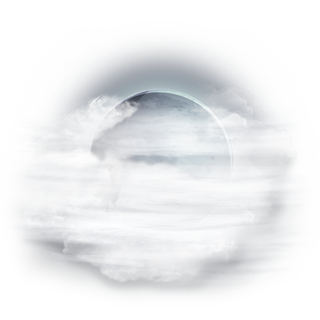
Her talk, jointly sponsored by many university departments including English, Anthropology and American Studies, mirrored her book’s topics but she also made a plea to “members of the academy in this room.
“The faculty are the only stakeholders who have made a lifetime commitment to academia, and they’re being marginalized across the country,” Schrecker said.
Schrecker cited administrative functions like hiring decisions being diverted to executive leadership from faculty senates as an example of what she called “casualization” of the faculty. Lessened faculty power is a principle cause of many undesired factors in modern college life, from the prevalence of teaching assistant-taught courses and grade inflation, to the ever-growing costs of a degree.
The structural changes are the newest facet of a long-held aim by some in society, she said. Naming the traditional threat as a wish to intimidate faculty with unpopular views, Schrecker said that these new changes make political pressure “harder to fend off” and are “undermining the intellectual authority of the faculty.”
When faculty members are removed from hiring decisions, she said, more inexperienced teachers are hired for less money and under more prohibitive working conditions. Schrecker referred to one study as saying that 75 percent of all instruction is done by TAs.
One of the most noticeable outcomes is the much-discussed and persistent modern problem of grade inflation.
“Hard teachers just don’t score well on those new, all-important evaluations that junior faculty need to be re-hired,” Schrecker said, adding that a high concentration of A’s is the result.
A second reason for the crisis Schrecker sees is a more general infusion with “the culture of a corporation” that she said goes hand in hand with old-fashioned political pressure.
“Colleges divert resources to their ‘customers,’ or ‘consumer,’ as the word is now, and adding increasing numbers of administrators.”
She said she was unhappy that in her view colleges compete far too much, place too much concern on academic rankings and treat education like a commodity, “encouraging competition like the outside capitalistic world values it.”
Schrecker, an expert on McCarthyism, likened the post-9/11 United States to the past century’s fear of radical academics. She said that during that time, a campaign was waged to create other sources of expertise funded by corporate interests.
“They were against the entire mainstream of academia, and even funded articles demonizing the faculty.”
The only cause of action according to Schrecker would be a forceful reinstatement of authority by faculty members—unionization rights for junior faculty should be on the table, she said. They are only as powerful vis a vis boards of trustees as they are respected.
“I aim to provide my fellow academics with the ammunition for this debate,” Schrecker said.


